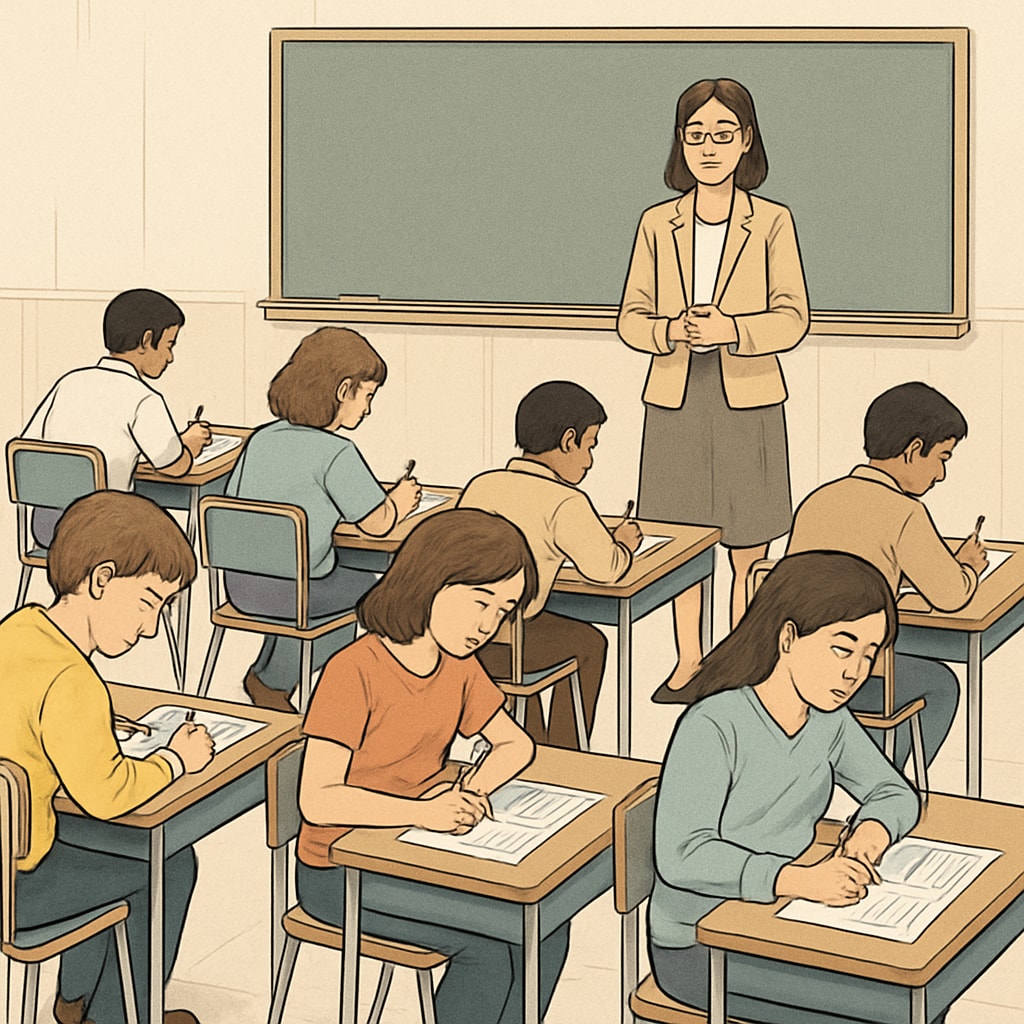Current gifted class selection systems often rely heavily on standardized exams, overlooking students with ADHD who demonstrate exceptional talents and unique learning styles. While these students may excel in certain areas, the rigid criteria used by many schools fail to recognize the diverse ways intelligence and creativity can manifest. This systemic oversight prevents many ADHD students from accessing opportunities tailored for gifted learners, highlighting a critical flaw in educational practices.

Why ADHD Students Are Misjudged in Gifted Class Selection
ADHD (Attention Deficit Hyperactivity Disorder) is frequently misunderstood in educational settings. Students with ADHD often display quick thinking, high creativity, and intense focus on subjects they are passionate about. However, these strengths may not align with traditional metrics used to identify giftedness. Standardized exams prioritize consistency, focus, and rule-following, all areas where ADHD students may struggle. As a result, many gifted ADHD students are excluded from advanced educational programs despite their potential.
For example, ADHD students might exhibit exceptional problem-solving skills or innovative thinking, but their lack of conformity to traditional testing patterns can hinder their recognition. In addition, behaviors such as impulsivity or difficulty in sustained attention are frequently misinterpreted as a lack of ability rather than a different learning approach.
The Limitations of Standardized Exams in Assessing Giftedness
Standardized exams have long been a cornerstone of gifted education selection processes. These tests are designed to measure cognitive ability, academic achievement, and aptitude. While effective for assessing certain types of intelligence, they often favor students who excel in structured, predictable environments. This creates a significant barrier for students with ADHD, who may outperform their peers in creative or non-linear thinking but struggle in rigid testing formats.
Furthermore, these exams rarely account for emotional intelligence, resilience, or other traits that are critical components of giftedness. By focusing narrowly on academic metrics, schools risk excluding students whose exceptional abilities fall outside these predefined categories.

How Schools Can Better Identify ADHD Students’ Potential
To improve gifted class selection processes, schools must adopt more inclusive evaluation methods. Here are some strategies that can help:
- Holistic Assessments: Incorporate interviews, portfolio reviews, and observations of students’ work and behavior to identify talents not captured by standardized tests.
- Focus on Strengths: Evaluate areas where ADHD students excel, such as innovation, creativity, and problem-solving, rather than penalizing their struggles with attention or organization.
- Flexible Testing Options: Provide alternative testing formats, such as untimed exams or project-based assessments, to accommodate diverse learning styles.
- Teacher Training: Train educators to recognize and nurture the strengths of ADHD students instead of focusing solely on academic conformity.
By broadening the criteria for gifted class selection, schools can ensure that all students, including those with ADHD, have access to the resources and support they need to thrive.
Recognizing the Unique Contributions of ADHD Students
ADHD students bring invaluable skills to the table, including creativity, adaptability, and unconventional problem-solving. These qualities are essential in today’s rapidly evolving world, where innovation often comes from thinking outside the box. By excluding these students from gifted programs, schools risk stifling their potential and depriving society of future leaders and thinkers.
In addition, embracing neurodiversity in gifted education fosters a more inclusive environment, benefiting all students. When schools acknowledge the diverse ways intelligence can manifest, they empower every learner to reach their full potential.
As a result, it is crucial for educators and policymakers to rethink the metrics used in gifted class selection and adopt a more comprehensive approach. Only by doing so can we ensure that no gifted student is left behind.
Readability guidance: Short paragraphs, lists, and examples are used to improve readability. Overuse of passive voice and long sentences is avoided. Transition words like “however,” “as a result,” and “in addition” are included to enhance flow.


